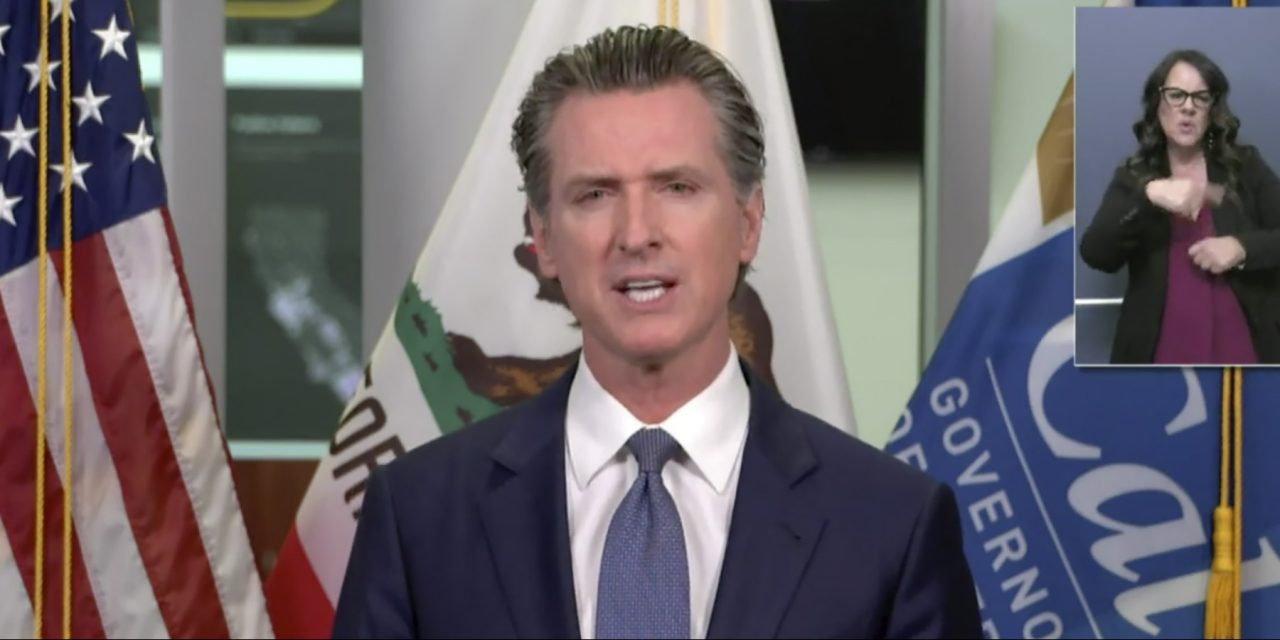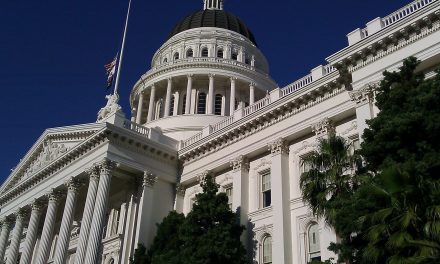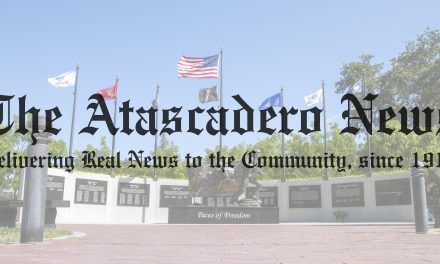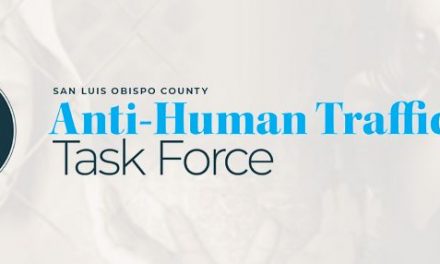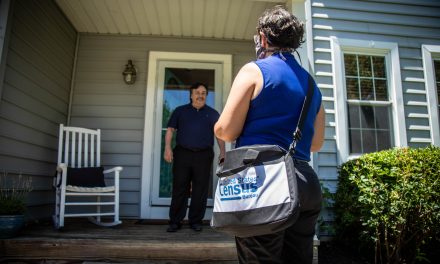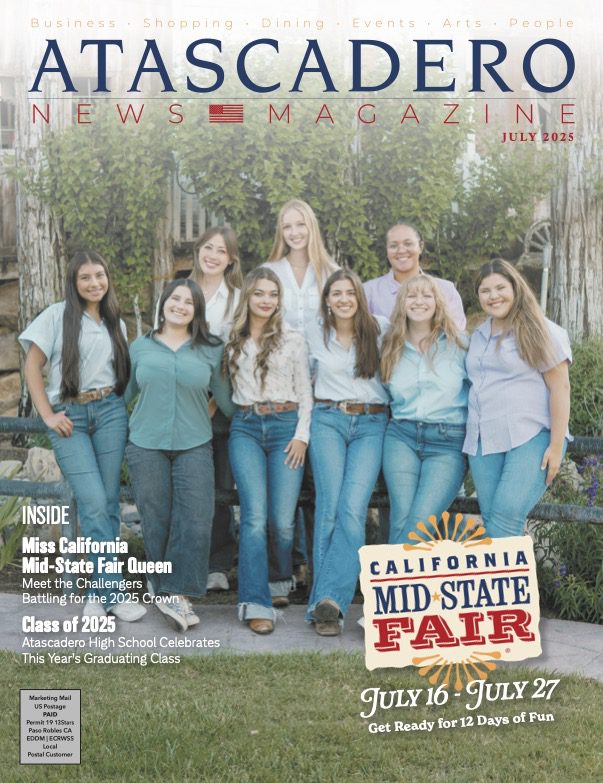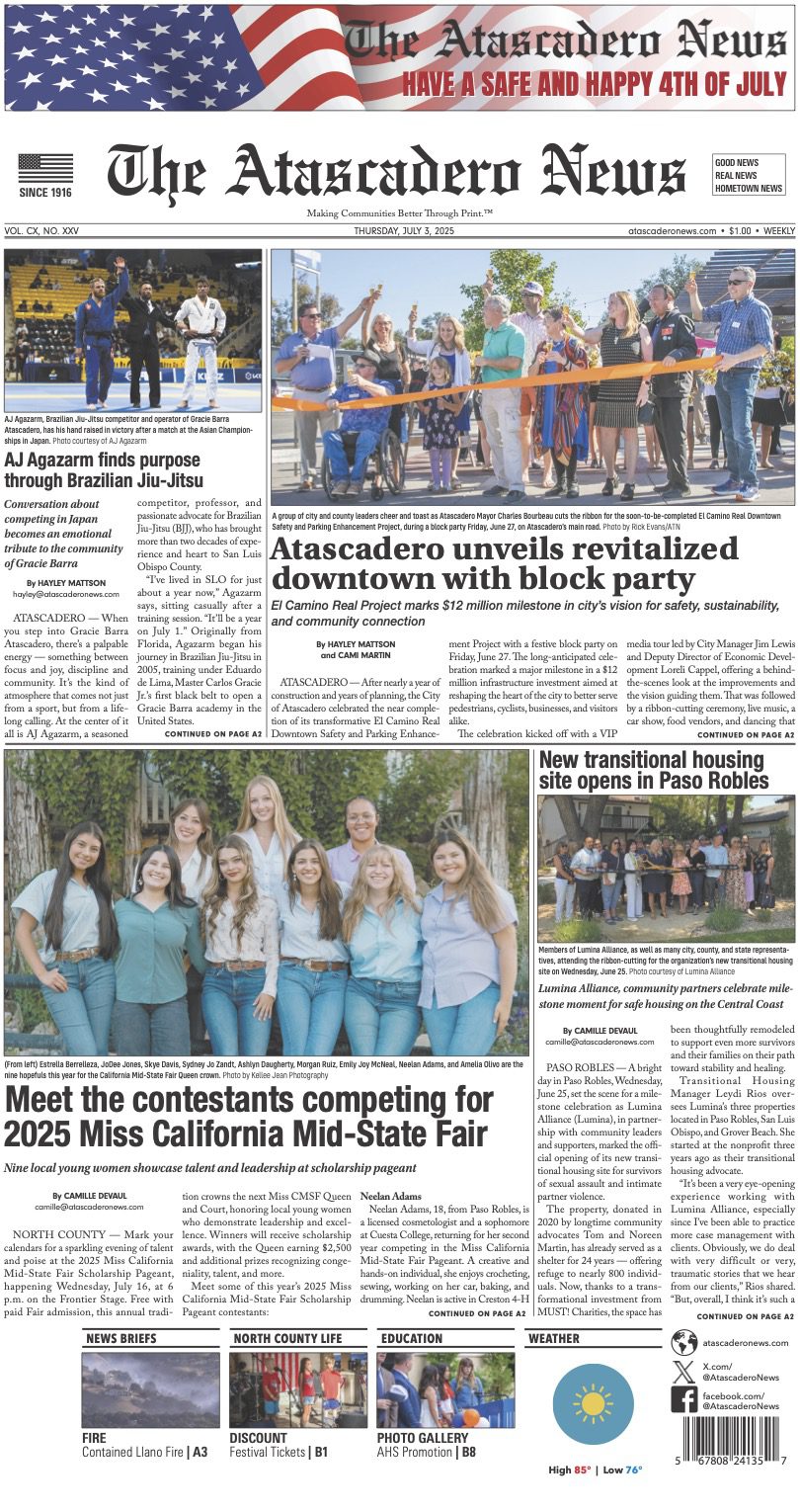SACRAMENTO — Building on previous actions to protect California’s front-line workforce, Governor Gavin Newsom recently announced a host of new safeguards for California workers who face the greatest risk of COVID-19. In addition to support for workers, including agricultural and farmworkers, to isolate and quarantine, Governor Newsom unveiled a robust education campaign for workers and employers. He also committed to working with the Legislature and key stakeholders to expand critical protections like paid sick leave.
“Stopping the spread of COVID-19 depends on keeping our workers safe,” said Governor Newsom. “The vital work they do every day puts them and their families at higher risk for exposure and infection. Taking action to protect them will help protect all Californians. Working with the Legislature, we will advance new initiatives to support these key workers and their employers.”
Helping Workers Isolate and Quarantine
Isolation and quarantine are proven public health interventions fundamental to reducing COVID-19 transmission. Many who contract COVID-19 have mild to moderate symptoms, do not require hospitalization, and can isolate at home. Providing safe, suitable places for isolation outside a home can help stop the spread to other household members. This is especially important for people who live in multigenerational households.
The state will allocate existing federal funds to local public health departments and community-based organizations to assist with supportive services for isolation and quarantine.
A new program, Housing for the Harvest, provides safe, temporary isolation spaces for agricultural and farmworkers who test positive or were exposed to the virus, which limits the risk of spreading COVID-19 to their coworkers or households. This program will operate in partnership with counties and local partners in the Central Valley, Central Coast, and Imperial Valley – the regions with the highest number of agricultural workers.
These efforts build on the state’s experience with already-established isolation programs, including Hotels for Health Care Workers serving COVID-19 positive patients and Project Roomkey, the non-congregate shelter program for COVID-19 positive, exposed or vulnerable homeless Californians.
Outreach and Education
Building on California’s public awareness campaign to #WearAMask and #StoptheSpread, the campaign will expand its reach to employers, to workers and to their families to inform them of ways they can break the cycle of spread and reduce their risk for COVID-19 at work, at home, and in their community. This effort will leverage the public service media campaign, and build a more comprehensive community engagement strategy to include work with community-based organizations, promotoras, labor unions and worker advocacy groups to directly reach workers.
Support for Employees
Governor Newsom will work with the Legislature to build on previous executive action and advance worker protections. Expanded paid sick leave will provide workers financial security so they are able to stay home when sick. Similarly, workers’ compensation access helps ensure that front-line workers can quarantine and stay home from work when ill.
Employer Resources
As California businesses work to reopen, a new Employer Playbook released today will guide them on how to provide a clean environment for workers and customers to reduce risk. Proactive education efforts led by the Labor and Workforce Development Agency (LWDA) will provide information and support to businesses to help them come into and stay in compliance, including technical assistance and a model training program. Additionally, the state will provide employers information to share with their workers regarding health insurers’ COVID-19 testing coverage and eligibility requirements.
Strategic Enforcement
Cal/OSHA and the Labor Commissioner’s Office have strategically targeted investigations in high-risk industries, where the state has seen the most workplace outbreaks. Expedited enforcement authority and advanced reporting of health and safety hazards at work will improve enforcement outcomes. Requiring employers to report outbreaks to their local health departments will help track county transmission. Governor Newsom will work with the Legislature to establish this authority.
The actions and proposals build on ongoing efforts to protect workers from the first days of this crisis. In addition to strengthening supports like paid sick leave for workers in the food sector and expanded child care, the administration has built a pipeline of personal protective equipment to help these workers stay safe on the job. The state has also expanded testing and health plan reimbursement for the essential workforce, in addition to requiring health plans to reimburse all COVID-19 testing for high-risk essential workers. Finally, the administration has released robust workplace safety and health guidance that emphasizes masks, distancing, cleaning, hand washing, screenings and staying home if feeling sick.

